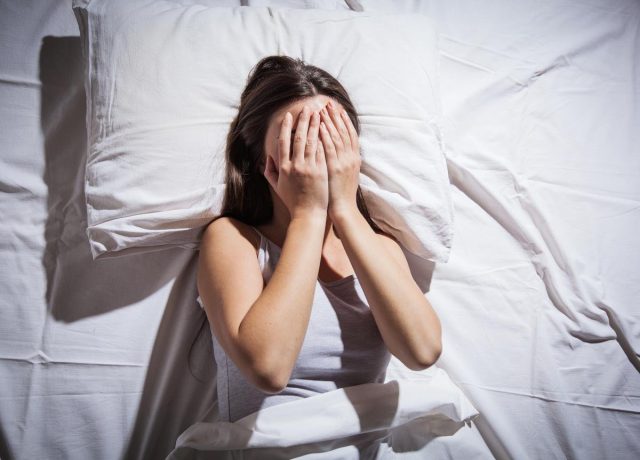taVNS significantly reduces insomnia severity and is associated with sustained benefits over 20 weeks
By Elana Gotkine HealthDay Reporter
WEDNESDAY, Dec. 18, 2024 (HealthDay News) — Transcutaneous auricular vagus nerve stimulation (taVNS) reduces insomnia severity, according to a study published online Dec. 16 in JAMA Network Open.
Shuai Zhang, M.D., Ph.D., from the China Academy of Chinese Medical Sciences in Beijing, and colleagues examined the efficacy and safety of taVNS versus sham taVNS for chronic insomnia in a randomized clinical trial involving patients with chronic insomnia disorder with a Pittsburgh Sleep Quality Index (PSQI) of at least 8. Patients were randomly allocated to active taVNS (36 patients) or sham taVNS (36 participants) and received the stimulation for 30 minutes each time, twice a day for five consecutive days for eight weeks. Follow-up was for 12 weeks.
The researchers found that the least-squares mean changes from baseline to week 8 in PSQI were −8.2 and −3.9 points in the taVNS and sham groups, respectively. From before to after the intervention, both groups experienced significant improvements. However, a clinically meaningful, significant 4.2-point greater reduction was seen in PSQI in the active taVNS versus the sham group (minimal clinically important difference, 2.5 points). Similar favorable results were seen in secondary outcomes, including mental health and fatigue. Throughout the 20-week study period, the efficacy of taVNS was sustained.
“This study adds to the growing body of evidence supporting taVNS as a promising nonpharmacological intervention for chronic insomnia disorder,” the authors write.
Copyright © 2024 HealthDay. All rights reserved.



















